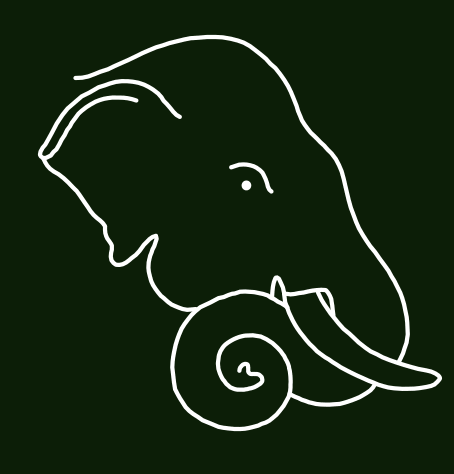
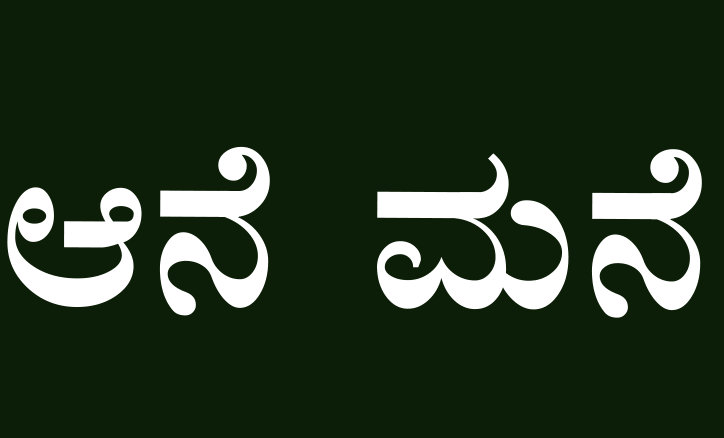

HATHI
.jpg?v=1dr2bt4)
Thanks to the Canadian producer Rock Demers, Prajna Chowta and the film-maker Philippe Gautier directed a full-length feature film "Hathi" ("elephant" in Hindi) in 1996/1997 with 14 months of principal photography in remote areas of India.
"French-born Philippe Gautier, a former assistant to John Boorman, David Hamilton, and Helmut Newton, directed this beautiful Canadian nature drama examining the tragic reduction of elephants in the wild.
In India of the '70s, teenage elephant-trainer Makbul grows close to elephant-calf Vikrama. By 1990, the introduction of modern forestry techniques eliminates the need for elephants to fell and move trees, prompting an auction sale of Vikrama. Makbul is distraught by the separation. Mistreated, Vikrama attacks and kills his new owner.
Real-life mahouts (elephant riders) Jamedar Sabu Saab and Kawadi Makbul also served as the models for the characters they portray. Shown in competition at the 1998 Montreal World Film Festival."
Bob Stewart, All Movie Guide, New York Times
SYNOPSIS
5000 years ago, in India, men started to capture and tame elephants for war, parades and worship. Still today, the young Makbul grows up in daily contact with the wild and domesticated elephants that live in the forest around his native village in southern India. Over the objections of his mother, Makbul follows in the footsteps of his father and grandfather, going deep into the forest to learn the age-old profession of the mahout, or elephant handler in the government's employ.
When an elephant calf named Vikrama is born, the animal is placed under Makbul's care. The boy raises and trains the elephant, but when his father dies, Makbul - now head of the family but too young to be hired by the forest department - must seek work in the neighboring villages, away from the elephants.
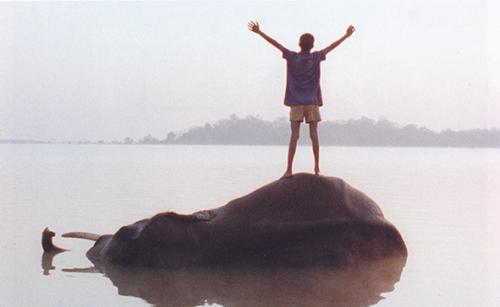
PITCH
5000 years ago, in India, men started to capture and tame elephants for war, parades and worship. The "Arthashastra", a text from the second century B.C. mentions that the penalty for the killing of an elephant was death. The elephant men, the 'mahouts', have passed down from father to son, until today, a tradition that will soon disappear with the last elephant.
HATHI is based on the true story of one of them, today, in the South of India.
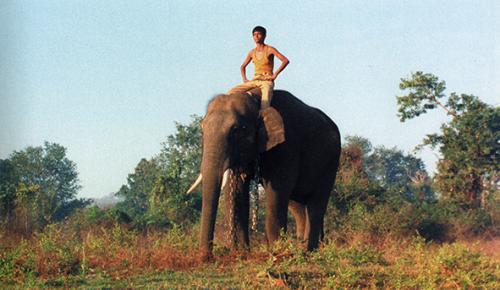
RELEASE
The film Hathi has been invited to numerous festivals (Montreal, Vancouver, San Francisco, London, Ghent, Lisbon, Mannheim, Giffoni, Seoul, Hyderabad, Calcutta, Tehran, etc.) where it won several awards. It was presented at an exceptional screening at the United Nations in New York, during a day dedicated to the elephant as a symbol of peace and inaugurated by the Secretary General, Kofi Annan.
HATHI was released in theaters in France from September 2000 to May 2001 anf the Following year in Canada.
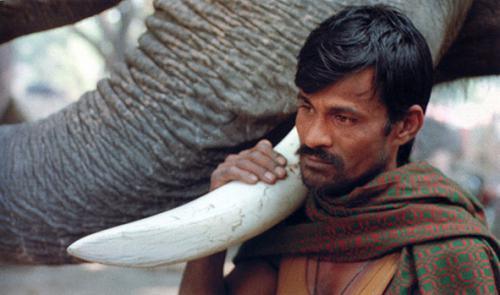
CREDITS
Director: Philippe GAUTIER
Screenplay: Prajna CHOWTA
Producer: Rock DEMERS
Cinematography: Ivan GEKOFF
Voice Over: Jacques PERRIN
Location: India (14 months photography)
Format: 97 minutes. 35mm colour. 1:1.66 - Dolby SR
International Sales: LA FÊTE, Montréal
Theatrical Distribution in France: Gébéka
Film Press: Monica DONATTI
Release in France: September 27, 2000
in Canada: 2001
DVD & VHS Distribution: France Television (October 2001)
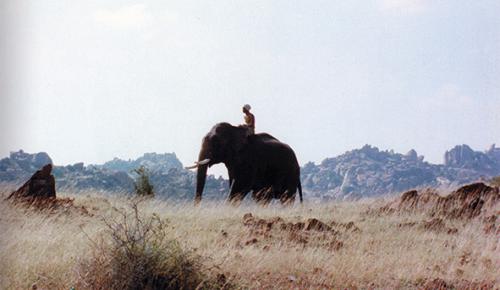
PRESS CLIPS
"Hathi features photography of the grand beasts and their habitat that is so gorgeous, and occasionally startling, that few viewers will soon forget its images..."
Godfrey Cheschire - VARIETY
"...With hardly any dialogue and superb photography, Gautier expertly guides his audience's emotion deeply into this unique relationship, right up to its heartbreaking climax..."
Jeremy Arnold - MOVIE MAKER MAGAZINE
FESTIVALS & AWARDS

Official competition
1998 Montreal World Film Festival, Canada
International film festival - San Francisco, USA, 1999
Golden award - Seoul film festival, Korea, 1999
London Film Festival, UK 1999
International Film Festival of India, Hyderabad 1999
Gand film Festival, Belgium, 1999
Giffoni Film Festival, Italy, 1999
Lisbon Film Festival (Winner), Portugal, 1999
Mannheim Film Festival, Germany, 1999
Iran Film Festival, 1999
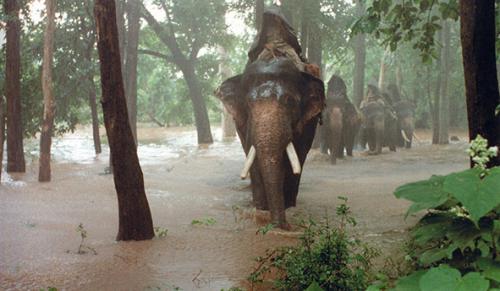
© Copyright 2008-2025 Aane Mane Foundation.
All rights reserved. Web design by Lor.